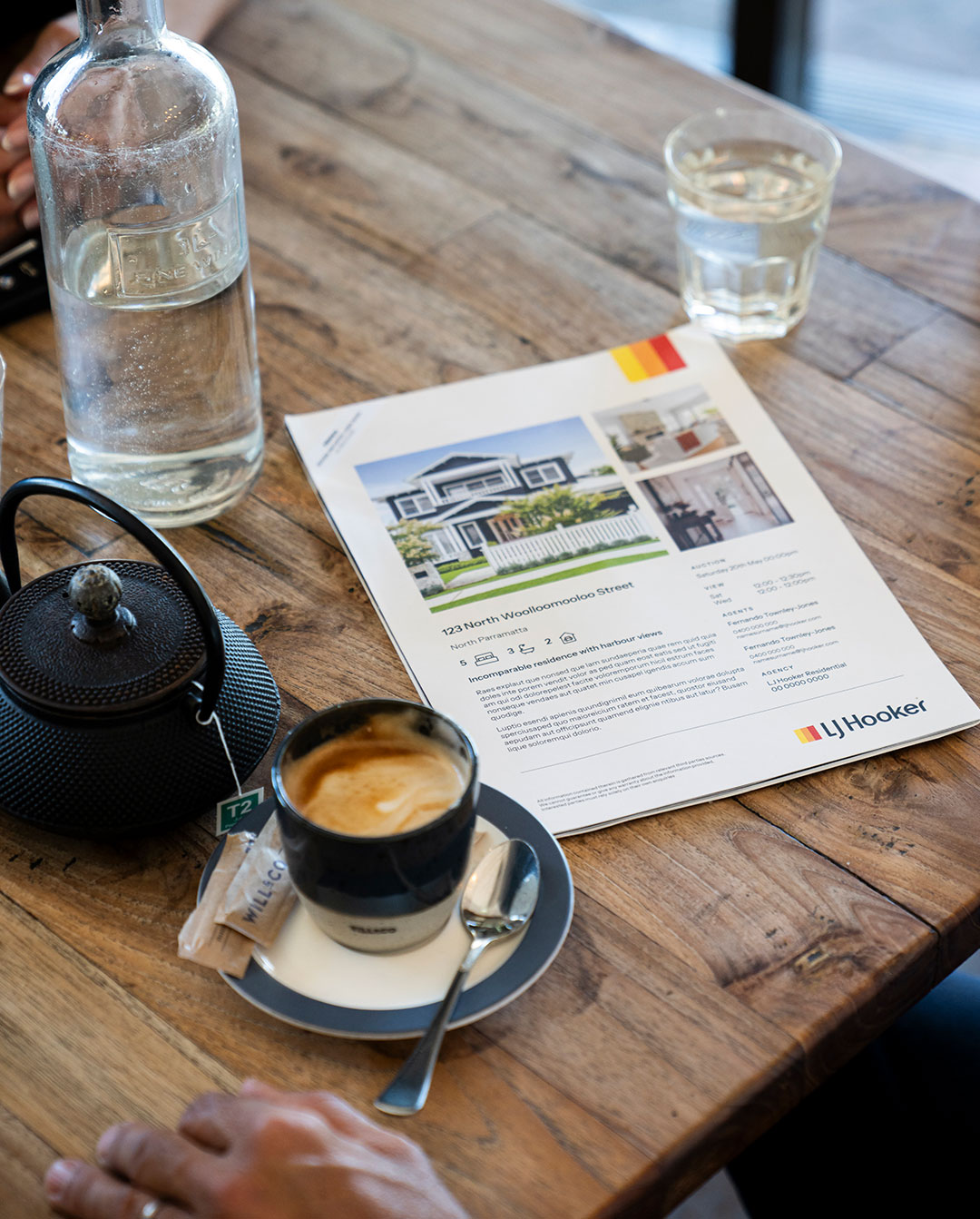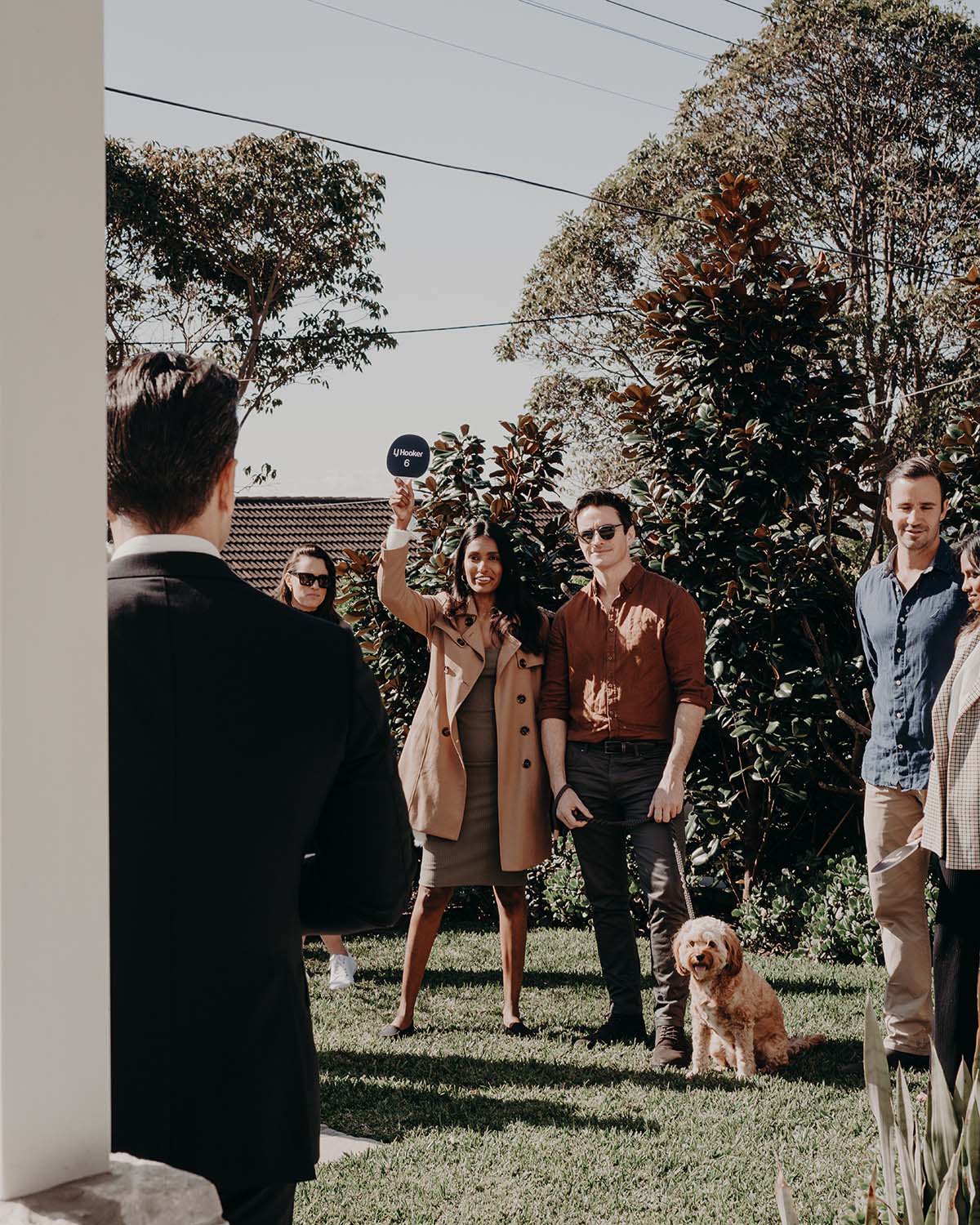

Buying Real Estate
We're here to support your property journey, from start to finish.
Discover what makes us different
LJ Hooker has offices nationwide and our agents are the definitive experts in their respective areas. Let our expertise and experience guide and support you in your real estate journey.
Why buy with LJ Hooker
For most Kiwis, buying real estate in New Zealand is the biggest financial transaction they’ll ever make. First home buyers are likely to find the process of buying a house in New Zealand both thrilling, yet somewhat overwhelming.
It’s not surprising that even people who are buying a second or third home can be intimidated when so much money is involved. Every detail of the process becomes of paramount importance.
Finding the right property, negotiating a price, and securing financing are just a few of the steps buyers will have to go through. Fortunately, they don’t have to go through these steps alone.
Whether you are a first home buyer or an experienced buyer, an LJ Hooker agent can help you make sure you find the right property to suit your needs, as well as your budget.


Why A Buyer Needs A Real Estate Agent
There is a common misperception that real estate agents only work for sellers. While it’s true that most sellers rely on an agent to market their property and negotiate the price, buyers also need a representative on their side.
This is especially true for first home buyers and those who are new to the area. Anyone can benefit from having the skills of a real estate agent at their disposal.
Contact an LJ Hooker agent to help you buy a house today. You will get our agent’s time, expertise, advice, and support. The following are some of the main benefits of hiring an agent when buying a house in New Zealand.
The Process Of Buying Real Estate
Buying real estate in New Zealand is a complicated, multi-step process. It involves a lot of time, effort, and of course, paperwork. A real estate agent can walk you through the following steps and make sure all the details are in order.
Before you find your dream home and put an offer on a property, you will need to consider:
- Price range
- Your needs versus your wants
- Ideal suburbs and locations
Once you have found an ideal home, you are then ready to make an offer, whether that be via negotiation or at auction. If everything has gone right, you will be ready for settlement.

Different ways to buy real estate
_Web%20Resized.jpg)
What To Look For In A Buyer’s Agent
Buyers need agents who will represent their interests and advocate for them during negotiations, so finding the right agent can often be the key to a smooth and satisfying purchase. Most people choose an agent based on a specific recommendation or knowledge of the agent’s good reputation. However, even the most recommended agent may not be the best fit for you. Bear in mind that you don’t have to work with the first person you contact. Make sure the relationship is a good fit, and take the following tips into consideration.
Benefit from our expertise



Moving home soon?
LJ Hooker Assist is here to help make it a stress-free time so you can settle into your new neighbourhood. We offer a free connection service plus other great options.
- The free, no stress way to arrange all of your home moving needs.
- Save up to 3 hours of your time.
- Arrange your core home moving needs in one call.
- You connect with some of New Zealand's leading suppliers.
